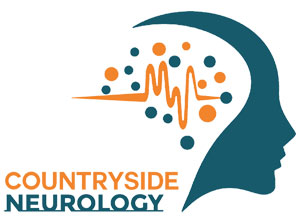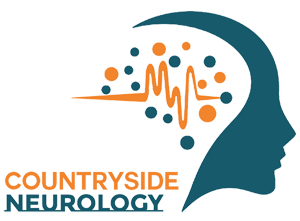Neurological conditions can be complex and often shrouded in misconceptions. In this article, we aim to dispel common myths surrounding neurological conditions and provide accurate information to help you better understand these conditions and their impact on individuals. Let’s separate fact from fiction and debunk some of the most prevalent brain myths.
- Myth: “Using only 10% of our Brain”: One of the most persistent myths is the belief that humans only use 10% of their brain. In reality, our brains are highly efficient, and various regions are active throughout the day, even during seemingly mundane tasks. Every part of the brain serves a specific purpose, and even minor damage can have noticeable effects.
- Myth: “Neurological Conditions Are Always Genetic”: While genetics can play a role in certain neurological conditions, not all neurological conditions are hereditary. Environmental factors, infections, injuries, and other non-genetic factors can also contribute to the development of neurological conditions. It’s important to understand that the causes can vary greatly from one condition to another.
- Myth: “Neurological Conditions Only Affect Older People”: Neurological conditions can affect individuals of any age, including children and young adults. While certain conditions like dementia are more commonly associated with aging, there are numerous neurological conditions that can manifest in early childhood or adulthood. It’s essential to be aware of the diverse range of conditions and their potential impact across different age groups.
- Myth: “All Neurological Conditions Are Untreatable”: Contrary to popular belief, many neurological conditions have treatment options available. While some conditions may not have a cure, there are various treatments and therapies aimed at managing symptoms, slowing progression, and improving quality of life. It’s important to consult with a neurologist who can provide personalized care and explore available treatment options.
- Myth: “Neurological Conditions Are Always Visible”: Neurological conditions are not always visible or easily identifiable from the outside. Many conditions have internal manifestations, such as cognitive impairments or sensory disturbances, which may not be immediately apparent. It’s crucial to approach each individual’s experience with empathy and understanding, even if their condition may not be outwardly evident.
If you or someone you know is affected by a neurological condition, it’s a good idea to seek expert medical advice and support from a neurologist. Contact Countryside Neurology today at 727-712-1567 to schedule an initial consultation.
Sources:
ChatGPT





